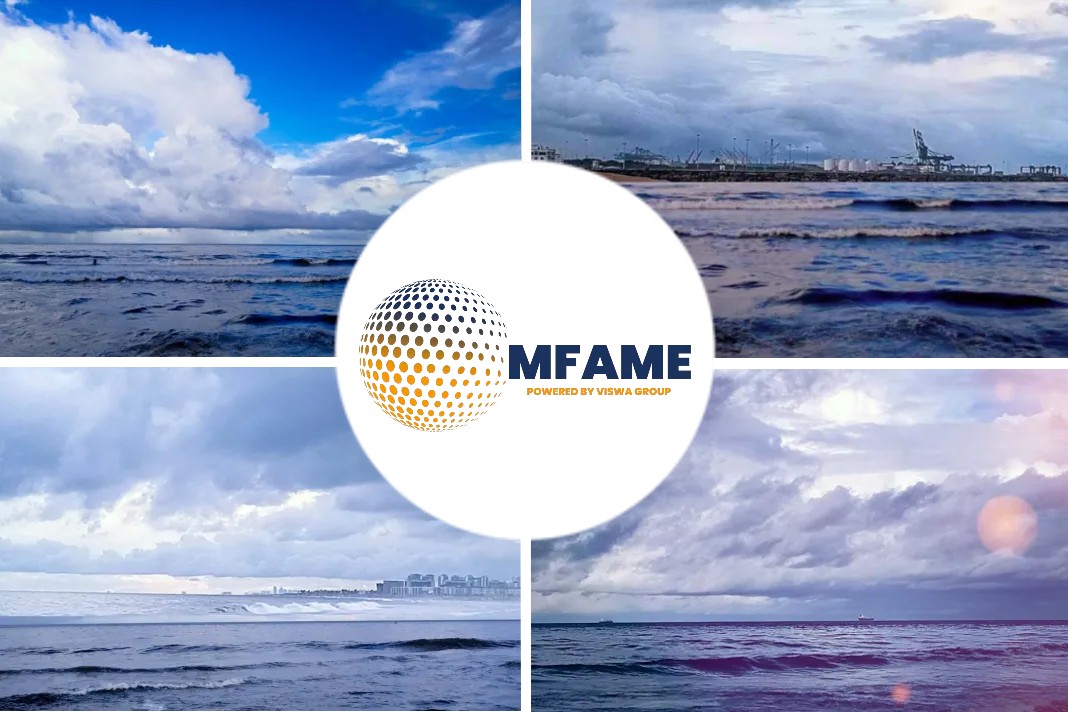- BIMCO calls for more accountability from Bunker Suppliers.
- Bunker states should be taking responsibility when their suppliers use contaminated fuel.
- Low sulfur fuels for 2020 hasn’t been developed yet and suppliers aren’t sure how the components will look like.
- Shipowners are advised to place new fuels in empty tanks and screen them prior usage
A Platts report highlights the plight of the bunker market as poor fuels and the impending 2020 deadline is going to take a toll. At a crucial time like this, the world’s largest shipping association, the Baltic and International Maritime Council, or BIMCO has called for more accountability from bunker suppliers in order to prevent fuel contamination.
BIMCO, the world’s largest international shipping association, with around 2,000 members in more than 120 countries, has called on bunker states to take responsibility when suppliers hosted in their state are caught supplying bad fuel.
What drove to this decision?
Recent reports of a rise in fuel contamination cases have increased the industry’s concerns over quality and safety of blended fuels as 2020 approaches, said Lars Robert Pedersen, deputy secretary-general of BIMCO in a statement Tuesday.
“The risk that the new low sulfur fuel is not of the quality that it should be, and that it will cause operational problems, is bound to increase with the new sulfur regulation. The low sulfur fuel products needed on January 1, 2020 are not developed yet. The suppliers do not know yet what they will look like or what blending components will go in there. That is a concern,” Pedersen said.
Blending is expected to increase significantly when the International Maritime Organization’s 0.5% sulfur limit comes into force on January 1, 2020, and that suppliers will have to blend the traditional heavy fuel oil with lighter refined products to meet the sulfur cap.
How to solve the problem?
While prevention of potential contamination cases is difficult, the shipping industry can, and should, call on bunker states to take responsibility when suppliers hosted in their state are caught supplying bad fuel, BIMCO said.
“Bunker states have committed under the MARPOL Annex VI to take action against suppliers in their territory, if they supply fuel that is different from what they declare. Should the bunker fuel delivered not match the bunker delivery note, the states have an enforcement obligation” Pedersen said.
“Unfortunately, this is not really happening and therefore, there is little consequence if a supplier is caught supplying bad bunker fuel. That is unsatisfactory,” he added.
State Action
According to Pedersen, if states take legal action every time contaminated and unsuitable fuel is distributed, it would become too expensive for the suppliers to continue this practice.
“It is not a 100% guarantee, but the shipping industry needs proof that states will take this serious[ly] ahead of 2020. It needs to change,” he said.
Onus on the Shipowners
In the meantime, shipowners and operators could try to anticipate and prevent operational problems by placing all new fuel in empty tanks, and doing a full analysis and screening for known contaminants of the product, Pedersen advised.
However, he said this should ideally be done before the fuel is received, and if that is not possible, it should be done after bunkering and always before the fuel is used onboard.
Did you subscribe for our daily newsletter?
It’s Free! Click here to Subscribe!
Source: Platts

















